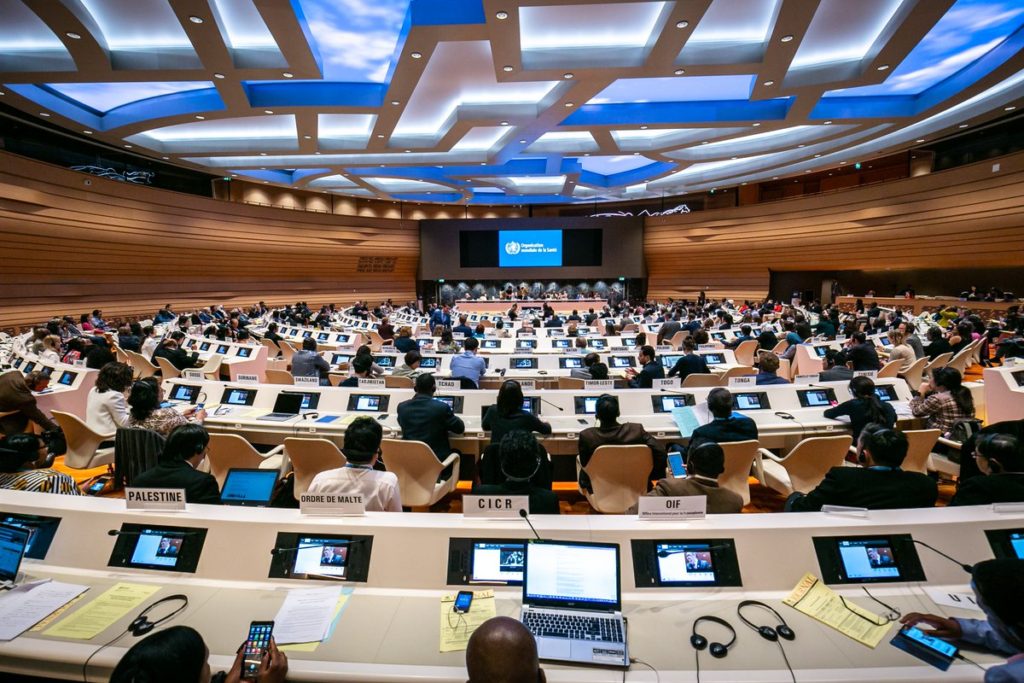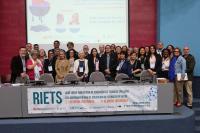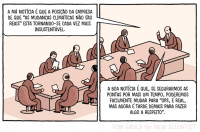Delegates approve resolutions on universal health coverage at the World Health Assembly
Delegates from the World Health Assembly approved three resolutions on universal coverage on May 22. These measures are focused on: primary health care, the role of community health workers and the United Nations General Assembly high-level meeting on universal health coverage to be held in September this year.
 Primary care and universal health coverage
Primary care and universal health coverage
The first resolution requires Member States to take action to implement the Astana Declaration, which was adopted at the World Conference on Primary Health Care in 2018. The Declaration recognizes the key role of primary health care in ensuring that countries are able to provide the full range of health services that a person needs throughout their life, whether for prevention or treatment of illness, rehabilitation or palliative care. Primary health care means that countries must have integrated and quality health systems, empowered individuals and communities, involving a broad spectrum of sectors to address the social, economic and environmental determinants of health.
The resolution calls on the WHO Secretariat to increase its support to Member States in this area. The Organization should also finalize its Operational Framework for Primary Health Care in time for the next World Health Assembly. The international body and other stakeholders have the task of helping countries implement the Astana Declaration and mobilize resources to build attention solid and sustainable primary education.
Community health professionals providing primary health care
The second resolution recognizes the contribution made by community health workers to achieving universal health coverage, responding to emergencies and promoting healthier populations. It urges countries and partners to use the WHO guideline on health policies and system support to optimize community health worker programs and allocate sufficient resources. At the same time, it requests the Secretariat of the Organization to collect and evaluate data, monitor implementation of the guideline and support Member States.
According to them, community health workers play a key role in delivering primary health care: they speak local languages and have the confidence of the population. They need to be well-trained, effectively supervised, and recognized for the work they do as part of multidisciplinary teams. Investing in these professionals creates significant employment opportunities, especially for women.
High Level Meeting on Universal Health Coverage
The latest resolution on universal coverage endorsed by delegates supports the preparation of the UN High-Level General Meeting on Universal Health Coverage to be held in September 2019. The document calls on Member States to accelerate progress towards universal health coverage with a focus on individuals and groups with fewer resources, vulnerable and marginalized.
The UN high-level meeting will require the involvement of governments in coordinating the work required in all sectors to achieve universal health coverage. Delegates identified key priorities, such as health financing, the building of sustainable, resilient, people-centered health systems, and the strengthening of health workforces. They also emphasized the importance of investing and strengthening primary health care.



